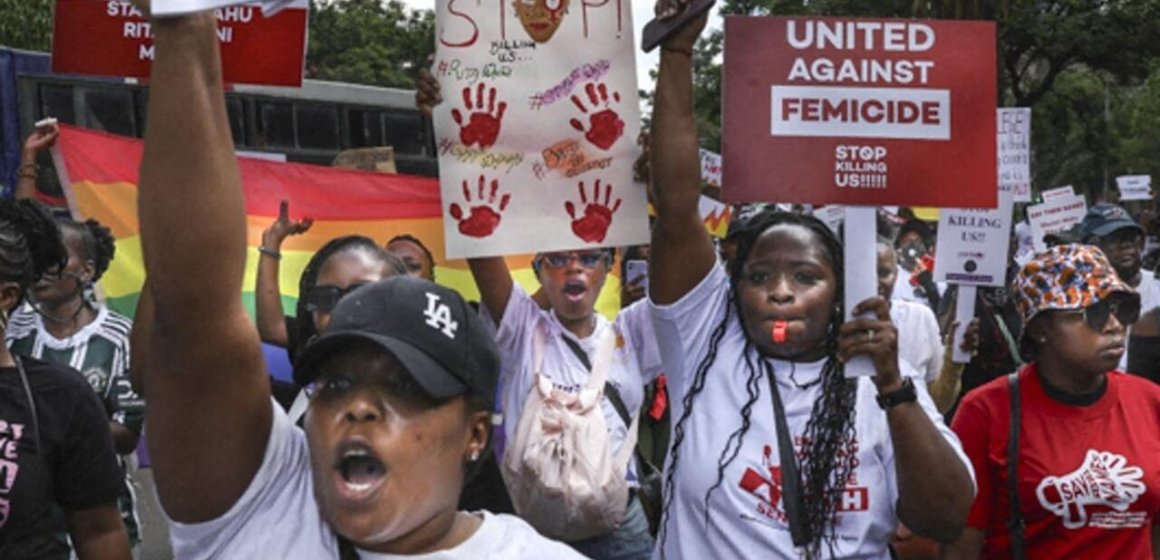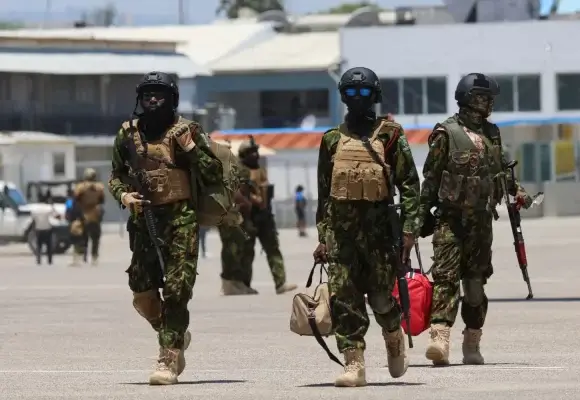|
LISTEN TO THIS THE AFRICANA VOICE ARTICLE NOW
Getting your Trinity Audio player ready...
|
The year 2023 brought a devastating revelation about the plight of women and girls globally, as the number of those killed by intimate partners or family members reached alarming new heights. A report released by the United Nations Monday, November 25 shed light on this disturbing trend, revealing that 51,100 women and girls were victims of such killings last year—a sharp increase from 48,800 in 2022.
On average, 140 women and girls lost their lives each day in 2023 at the hands of someone they trusted, according to the report. This tragic statistic equates to one fatality every 10 minutes, highlighting the home as a perilous space for countless women and girls worldwide.
Africa stood out as the region with the highest femicide rate, with 2.9 women per 100,000 population killed by intimate partners or relatives. Despite these grim numbers, the continent faces a significant challenge: the lack of reliable data to accurately measure the true scale of the crisis. Experts warn that without detailed statistics, the fight against femicide remains hindered.
Kenya, a nation grappling with its share of this epidemic, has seen an alarming spike in femicide cases. The National Police Service reported a staggering 97 cases in just the last three months, sparking public outrage and renewed calls for action.
Globally, men account for the majority of homicide victims. However, women face a unique and harrowing reality: over 60% of female homicide victims are killed by their partners or family members, compared to just 11.8% of male victims. While most male homicides occur outside the home, for women, it is their domestic sphere that often becomes a fatal trap.
The UN report, a joint effort by UN Women and UNODC, highlighted the challenges of combating this crisis, pointing to a global scarcity of detailed data. Civil society and academic research have attempted to fill the gaps, but these efforts remain insufficient to drive meaningful change.
The rising cases of femicide in Kenya have not gone unnoticed. On November 20, President William Ruto reaffirmed the government’s commitment to addressing gender-based violence. In his address, he pledged Ksh.100 million to establish Safe Homes and launch a Safe Space Campaign during the 16 Days of Activism against Gender-Based Violence, which begins on November 25.
“Psychological support and safe spaces for women and children are a top priority in my office,” said President Ruto. “We will launch the Safe Home Safe Space Campaign to create safe environments for women and girls, starting with this year’s 16 Days of Activism.”
Across the country, human rights activists and private citizens are gearing up for protests and events to raise awareness about femicide. These activities aim to demand accountability, better policies, and enhanced protection for women and girls.
The global 16 Days of Activism campaign serves as a rallying point for this urgent cause. Activists stress that addressing femicide requires more than just policy reforms—it demands societal shifts, stronger enforcement of existing laws, and a collective stand against violence.











LEAVE A COMMENT
You must be logged in to post a comment.